Our On-Site Professional Development for Classroom Management & Behavior
Cultivate a productive, positive, and safe teaching and learning environment. With the support and guidance of our experts, you will discover how to effectively communicate with resistant learners, establish trusting relationships, and ensure students develop the behavioral skills they need to succeed in school, college, work, and life.
Where are you on your professional learning journey?
Your Goal
Building Your Skills
One‑Day Services
Owning It: Empowering Teachers to Close the Achievement Gap
Learn to embrace the struggles teachers face every day, then implement effective teaching strategies to close the achievement gap and ensure that all students succeed. This on-site engagement empowers teachers to own their careers, teach effectively, and develop strong relationships with their students and colleagues.
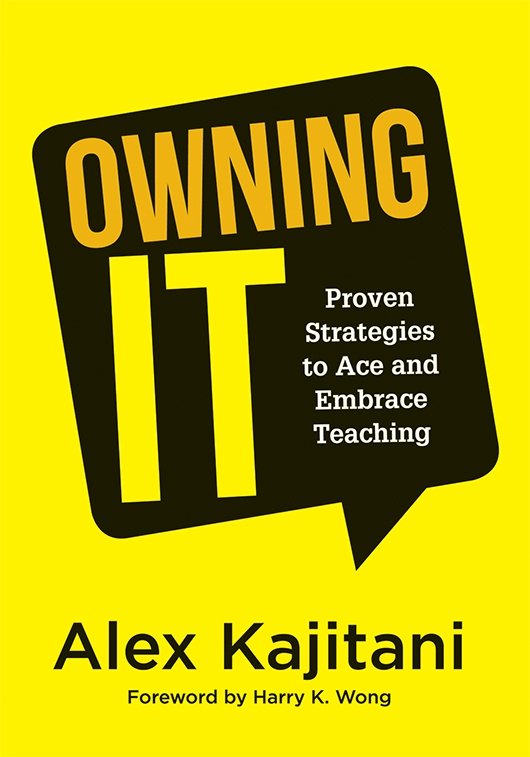
Recommended Resource
Creating Positive Classroom Learning Environments
As educators look to have all students achieve at high levels and transition to their next step, some key actions become critical. What will you do to establish clearer expectations, enhance instruction and assessment, and foster quality relationships with students? Begin your journey by examining the seven keys to a positive learning environment in your classroom, aligning academic and behavior interventions to create a learning environment where all students can succeed.
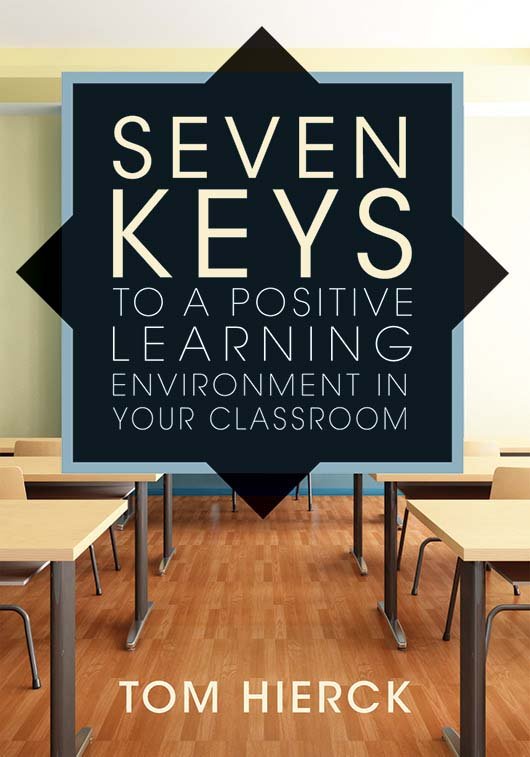
Recommended Resource
Empowering Partnerships With Parents
In this experiential and interactive workshop, teachers will learn strategies based on psychological science to approach parent communications with compassion and self-compassion. Teachers and parents can then build more collaborative relationships that ultimately empower the student to make school personally meaningful.
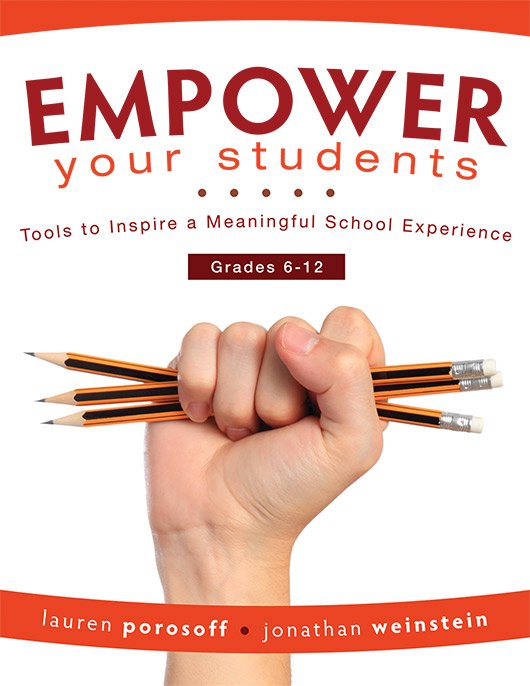
Recommended Resource
The Tactical Teacher: Proven Strategies That Positively Influence Student Learning and Classroom Behavior
Positively impact the attitudes and behaviors of all students, even the most challenging ones. Through research-based strategies and real-life examples, you’ll learn how to successfully improve classroom engagement, address disruptive behavior, and raise student achievement.
- Understand more deeply why students behave the way they do.
- Discover how to encourage students to develop a positive self-image and become more effective learners.
- Explore the use of soft tactics—such as reciprocation, likeability, and commitment—to influence student learning and classroom behavior.
- Learn how to persuade students using a mindset of discovery and empathetic listening.
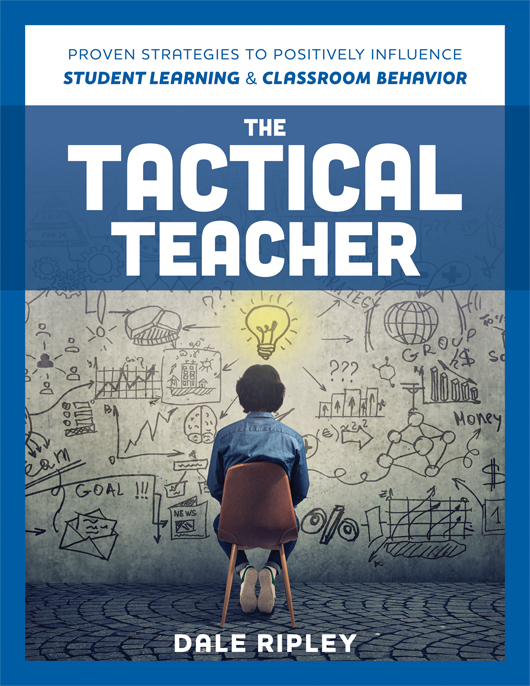
Recommended Resource
Behavior Solutions: Function as a PLC and Assign RTI Behavior/SEL
Take strategic action to close the systemic behavior gap and build a comprehensive systematic response for behavior/SEL with the support of Behavior Solutions. Foster positive behavior and social-emotional learning (SEL) by utilizing the PLC at Work® and RTI at Work™ processes to boost student metacognition and create an action plan for meeting their psychological and social well-being needs.
- Delve into the actions necessary to build effective professional learning communities (PLC) as a vehicle for improving academic and social behavior outcomes for all students.
- Learn how to use response to intervention (RTI) to ensure every student’s success.
- Apply essential academic and social behavior standards, processes, tools, and resources to help your school function as a PLC for each tier of needed supports.
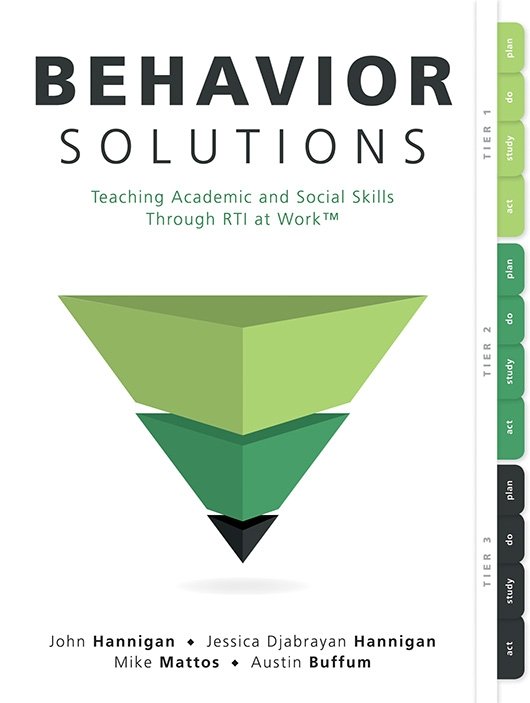
Recommended Resource
Your Goal
Deepening Your Skills
Two‑to‑Four‑Day Services
Compassionate Discipline: Empowering Our Students and Ourselves
Learn tools to help students behave in more effective and values-consistent ways, while also exploring your own values as an educator.
- Explore four ways to support students who misbehave.
- Learn to teach replacement behaviors that help students get the attention, stimulation, relief, or escape they're seeking through misbehavior.
- Understand how school systems and structures can elicit problematic behaviors.
- Discover how meaningful work can be a support strategy for students who misbehave.

Recommended Resource
EMPOWER Tools to Build Advisory Programs
Discover how to build an advisory program using the elements of EMPOWER—exploration, motivation, participation, openness, willingness, empathy, and resilience—to help students make school a positive, meaningful experience for themselves.
- Discover how to help students determine what values they want to enact at school and in life.
- Practice doing activities that empower students to connect their learning and work to their own values.
- Discuss ideas for how to follow up, create variations to match students’ needs and backgrounds, and address challenges that might arise.
- Understand what values are and how they are different from preferences and goals.

Recommended Resource
Building Trusting Relationships With Students at Risk
This hands-on workshop discusses the characteristics of students at risk and students who have experienced trauma, as well as the difficulties they face in building trusting relationships with adults in school settings.
- Employ the strategies necessary to break down barriers and build meaningful relationships.
- Learn how to decode the true meaning of behavior displayed by students.
- Identify the root of students’ problems to prescribe the correct interventions.
- Assist learners in being socially and academically successful in the school environment.
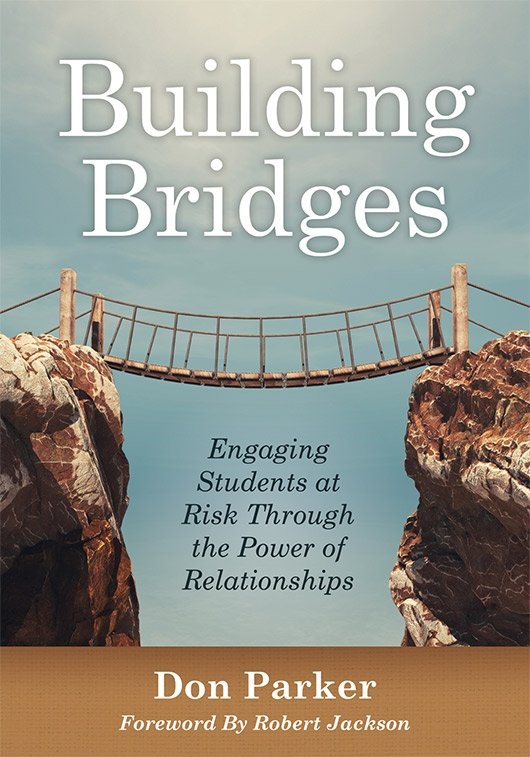
Recommended Resource
Using RTI to Transform Classroom Behavior
Design and implement a comprehensive, multitiered approach to nurturing behavioral and social-emotional skills for all students within your school. Educators will learn core supports to develop the skills that all learners need to be successful in school, college, career, and life, while also anticipating potential challenges and preparing to confidently respond to students in need of intensive and differentiated supports.
- Understand the importance of communicating the “why” of behavioral learning to staff, parents, and students.
- Identify and define the behavioral skills that will most benefit your students.
- Model and teach behavioral skills simultaneously with academic skills.
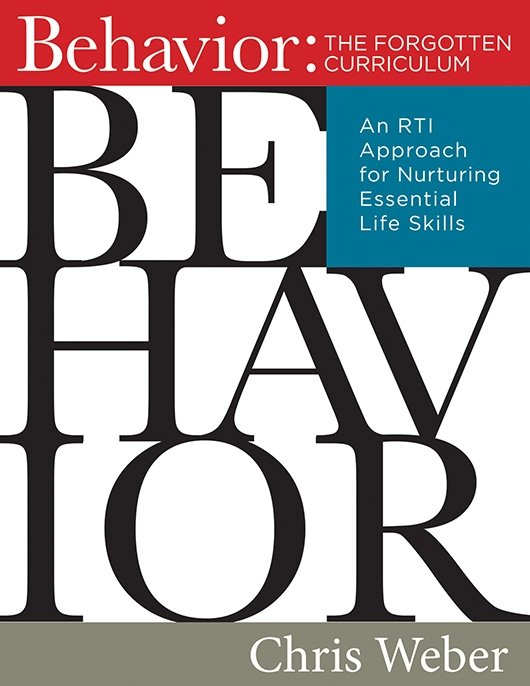
Recommended Resource
Supporting Classroom Teachers to Motivate Students with Challenging Behaviors in the Academic Setting
Through evidence-based practices, you will learn how to motivate all your students but particularly your students demonstrating challenging behaviors. We address classroom management needs at all levels to engage and motivate students to actively participate in learning.
- Understand the “why” behind students’ behaviors.
- Learn specific positive and effective classroom management strategies.
- Discover specific strategies to meet individual student needs, particularly students with challenging behaviors.
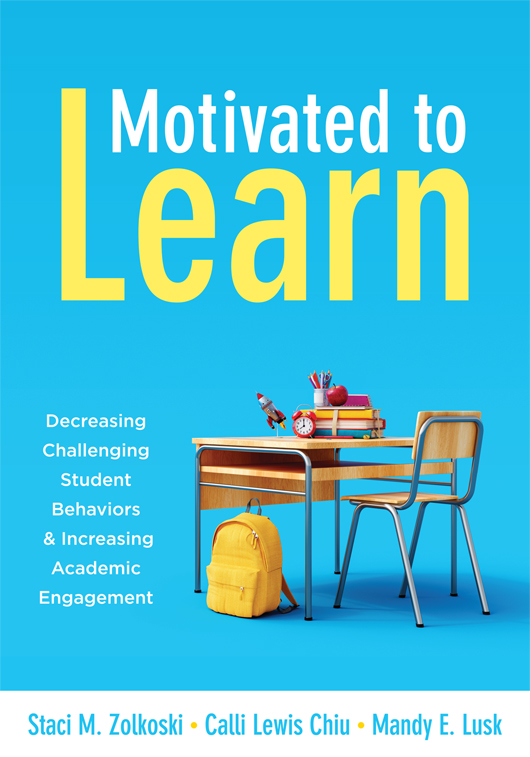
Recommended Resource
Behavior Academies
Cultivate and sustain a productive, harmonious school and classroom environment for every student.
- Address beliefs about students’ challenging behavior.
- Learn how to help students develop productive habits.
- Acquire a clearly outlined process to build a custom behavior academy
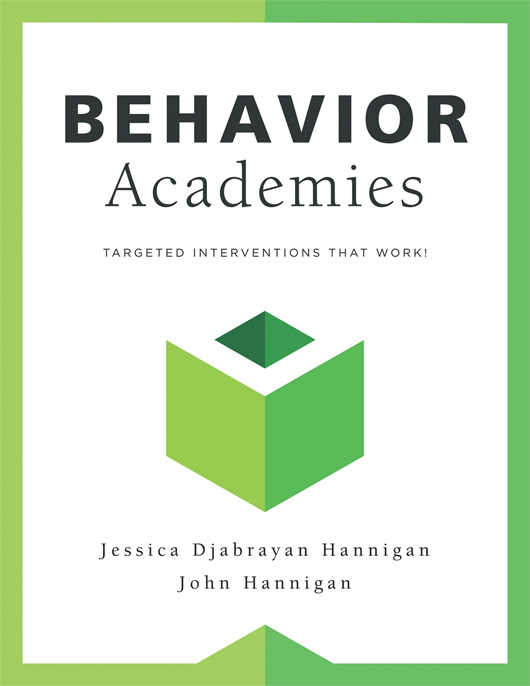
Recommended Resource
Your Goal
Sustaining Your Skills
Multi‑Day Services
Embedded Coaching
Create a positive classroom environment by establishing clearer expectations, enhancing instruction and assessment, and fostering quality relationships with students. Our coaches will work with both leadership and teachers to ensure that both new and experienced educators can employ the most effective behavioral and social skills activities for their particular classes and form unique relationships with each and every learner.
- Consider the student behaviors, characteristics, and experiences that are typically barriers to success in school.
- Discover collaborative practices that can establish common student expectations across classrooms and schools.
- Hear from educators who have successfully applied behavioral-skill teaching in their classroom-management strategies.
- Learn how to bring your own values to the classroom to become a better teacher and colleague.
Customized Services
Our staff will work with you to design and deliver a high-quality professional development experience. Guided by our diverse specialists, you’ll simultaneously target key issues with integrated approaches, products, and resources.
- Enjoy personalized long-term attention from high-caliber presenters and Solution Tree staff.
- Get a library of research-based resources combined with on-site support.
- Focus on one strategy, or combine the work of several education leaders.
- Stay on track with debriefings and interim support.
- Nurture a consistent plan for sustained improvement.




